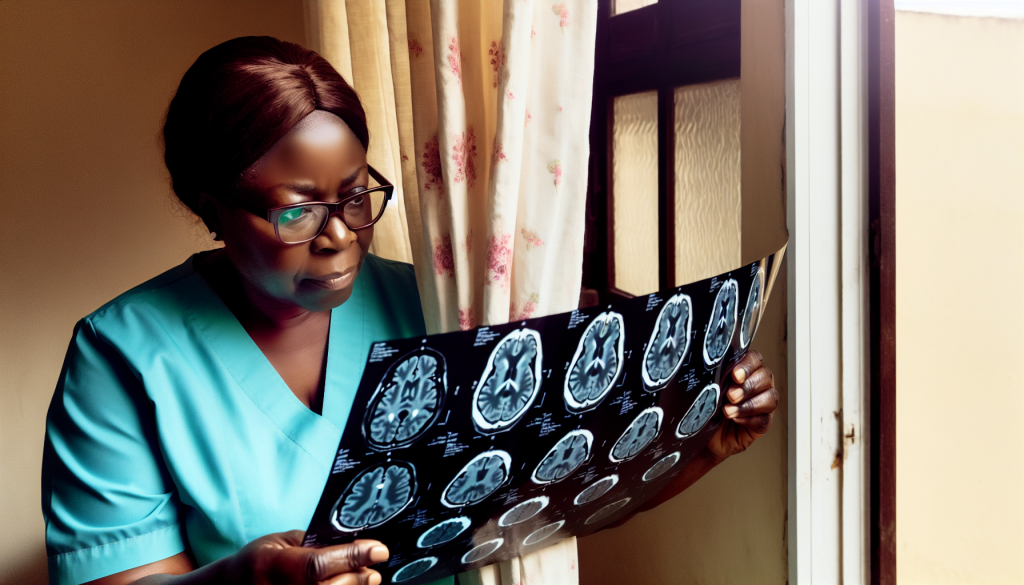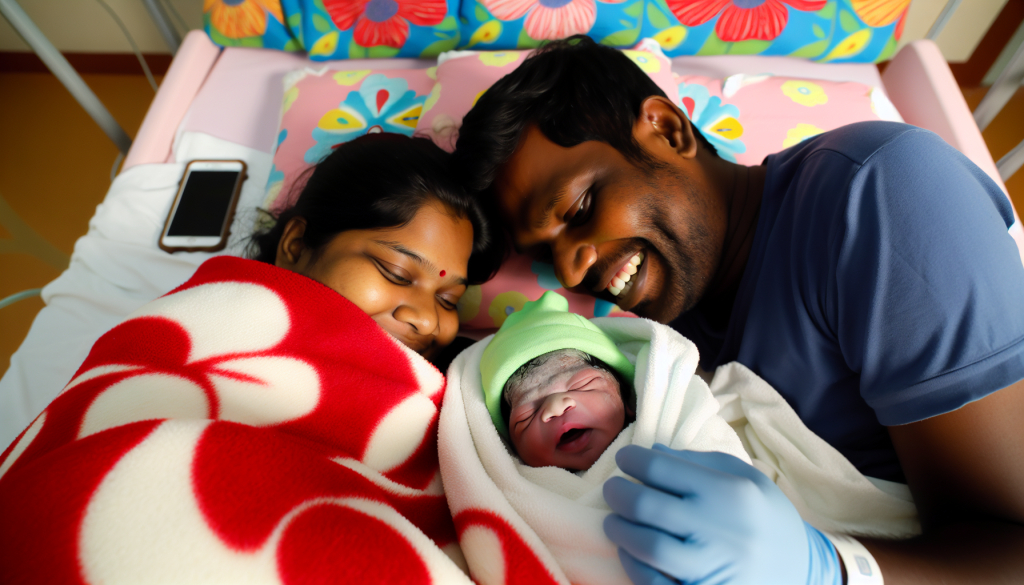11 million deaths annually: a critical call for improved neurological treatment

The World Health Organization (WHO) has highlighted a concerning reality: fewer than one-third of countries worldwide have adopted national strategies to manage the rising impact of neurological conditions. According to the newly published Global Status Report on Neurology, these disorders are now responsible for over 11 million deaths each year and affect more than 3 billion people globally—over 40% of the world population.
As of 2021, the primary neurological illnesses contributing to mortality and disability include stroke, neonatal brain injury, migraines, Alzheimer’s disease and related dementias, nerve damage due to diabetes, meningitis, epilepsy of unknown cause, neurological problems linked to premature births, autism spectrum disorders, and nervous system cancers.
Lower-income countries face a significant shortage in specialized care, with more than 80 times fewer neurologists than higher-income nations. Many such countries also lack formal plans, sufficient funding, or adequate health workforce capacity. WHO is urging for immediate, scientifically grounded, and unified measures globally to enhance brain health and accessibility to neurological care.
“With one in three individuals worldwide experiencing brain-related conditions, we must prioritize accessible and effective health services,” said Dr. Jeremy Farrar, WHO Assistant Director-General. “Many of these conditions can be either prevented or effectively treated, but care remains out of reach for many—especially in rural and disadvantaged communities—where stigma and financial hardship add to the burden. We need collective efforts to put patients and their families first and invest meaningfully in brain health.”
Key findings from the report
This groundbreaking report highlights the limited global attention neurology receives. Only 53% of WHO’s 194 Member States (102 countries) submitted data for the analysis. Furthermore, just 32% (63 countries) have a national strategy focused on neurological disorders, and only 18% (34 countries) have allocated funding to address these issues.
In the absence of strong policy frameworks, health systems often remain fragmented and under-resourced, which hinders their ability to meet patient and caregiver needs. Although awareness campaigns and advocacy efforts are growing, these still need to be scaled up to fight stigma, push reforms, and ensure people receive proper care and recognition.
Access to essential neurological services remains very limited. Only 25% of countries (49 members) include neurological conditions in their universal health care coverage. Services like stroke care, pediatric neurology, rehabilitation, and palliative treatment are generally missing or only available in major urban centers, leaving millions in rural zones with inadequate or no access to critical healthcare.
The report draws attention to the stark disparity in trained medical professionals. In low-income regions, the number of neurologists per 100,000 inhabitants is up to 82 times less than in wealthier nations. This leaves many patients without timely diagnoses, treatment, or care management.
Given that many neurological disorders need lifelong care, support services for caregivers play an essential role. However, only 46 countries provide formal carer support, and just 44 offer legal protections for carers. This lack of support places a heavy burden—both emotional and financial—on informal caregivers, most often women, increasing social and gender inequalities.
Poorly developed health information channels and chronic underinvestment in neurological research—especially in less wealthy countries—constrain effective, evidence-based decision-making and hinder the creation of appropriate health policies.
Roadmap for action
In light of these escalating public health concerns, WHO Member States endorsed the Intersectoral Global Action Plan on Epilepsy and Other Neurological Disorders in 2022 to lessen the impact and prevalence of these conditions.
The plan offers strategic direction to help nations place greater focus on neurological issues, ensure accessible and effective care—spanning from disease prevention to health promotion—improve data governance, and integrate the voices and experiences of those living with these disorders into more inclusive health policies.
WHO cautions that without immediate steps, neurological disorders will continue to place greater strain on public health systems and deepen global inequalities. Governments are encouraged to:
• Elevate neurological conditions as a health policy priority through committed leadership and continued investment;
• Improve access to neurological services via universal health coverage and strengthened health infrastructures;
• Support brain health across all ages through integrated, cross-sector policy efforts focused on prevention and protective measures; and
• Build robust data systems to inform and guide decisions through reliable monitoring and accountability mechanisms.
Note for editors
The Global Status Report on Neurology provides a detailed overview of how nations are addressing neurological conditions and sets a reference point for tracking progress under the Intersectoral Global Action Plan on Epilepsy and Other Neurological Disorders. The objective is to make brain health a global priority and close the gaps in care and equity.

